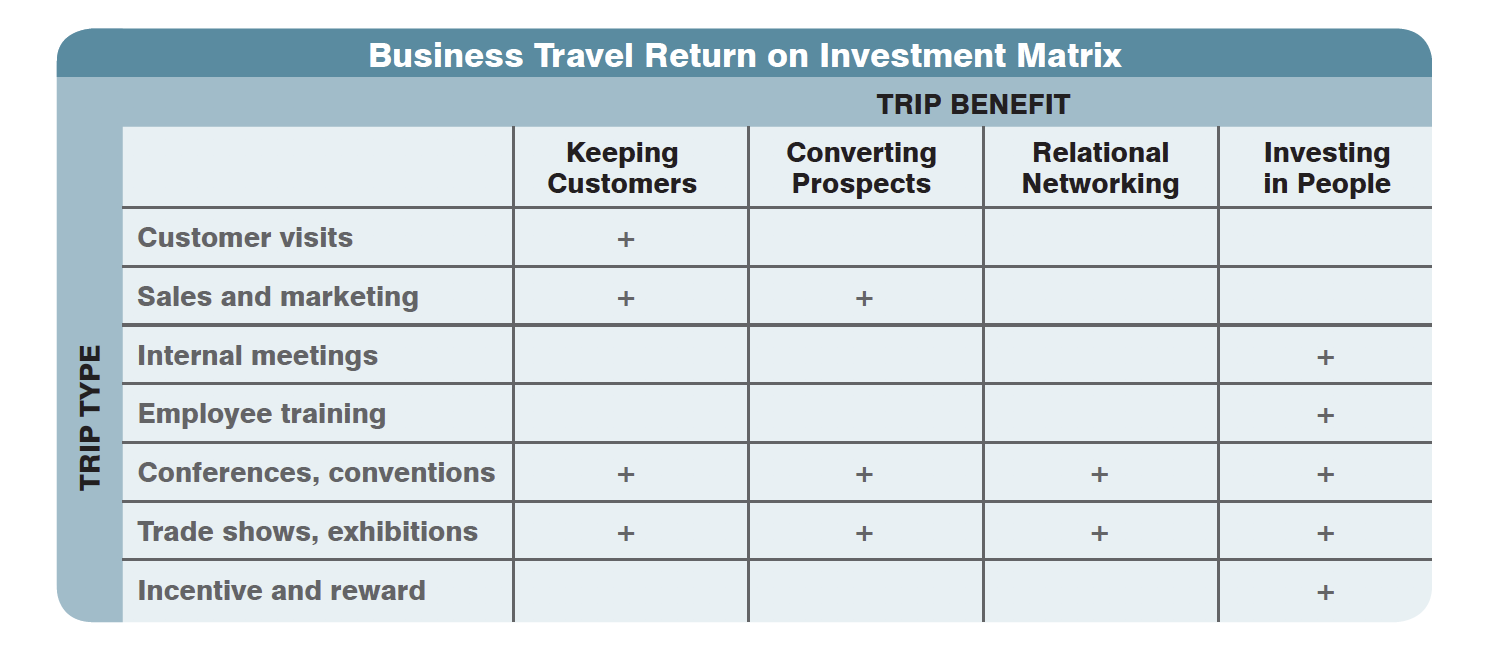What impact do travel policies have on productivity? HRM takes a look at the latest work-travel research.
Travel has a high impact on a business’ bottom line, employee engagement and productivity, new research says.
The information comes from two separate studies, one Australian and the other from the US. Australian research from Amadeus, which will be of interest to anyone in HR in charge of travel policies, found that 44 per cent of all professionals would leave a job due to a poor travel policy while half said a company’s travel policy would impact their decision to take a job.
Ingrid Picard, Head of Corporate Travel Solutions at Amadeus Asia Pacific, says the research shows that effective travel policies are even more important for executives who travel frequently, adding that this is often an organisation’s senior executive team.
“Seventy-five per cent of people travelling at least once a week said they would leave a job because of a poor travel policy, with this number increasing to 93 per cent for people travelling every two to three weeks.”
Perhaps more surprising, the return on investment for business travel is $12.50 for every dollar invested, according to survey and econometric research prepared by Oxford Economics for the US Travel association.
The bottom line impact of travel
The above figures were generated for organisations who have an interest in business travel, so you would have a right to be sceptical. But they make sense in context.
A lot of businesses rely on travel to maintain relationships with existing clients, and to finalise deals with new ones. According to the Oxford Economics research, 49 per cent of business travellers say customers require an in person meeting (with 28 per cent saying customers preferred it).
Meanwhile, a little over 40 per cent of executives and business travellers estimated they converted prospects into clients with an in-person meeting, with 85 per cent saying that virtual meetings are less effective.
Maybe someday in the future virtual reality will make it more feasible to manage these things from the one location, but until then travel will remain important.

Source: Oxford Economics report
Travel also has an impact when it comes to attending trade shows, exhibitions, conventions and conferences – where a lot of companies first meet prospective clients. Beyond that some companies fly customers in, or get their employees to travel either for training or as a reward for good work.
So what is a ‘poor’ travel policy?
“Travel is a huge part of many people’s work lives and if not managed well, it can add a lot of stress at work, and at home,” says Picard.
Here are some of the things that make for poor travel policies:
- Laborious approvals process
- Too many connecting flights (best fare of the day policy, as opposed to most convenient)
- Being locked into plans, and not being able to change them on the go
- Complex and time-consuming expense claims process
If you are tasked with writing the company’s travel policy, here are four things 30SecondsToFly says you should bear in mind:
- List every item that your organisation is happy to pay for, along with any limitations or recommendations they need to know about. For example, if you have a price limit or a preferred supplier of hotels, make sure staff are aware.
- If your organisation requires that travel is booked a certain time in advance, let staff know. But it’s also good to have a clear policy on what to do if more immediate travel is required. If there’s a client emergency in another city, can they book now and ask questions later? If not, who do they need to talk to for approval?
- It’s best to have a “preferred” way to book. This helps employees who are either unfamiliar with booking travel, or anxious about not being guided by company policy. That being said, if employees have a preferred way that’s reasonable, your policy should be flexible enough to allow it.
- Your policy should cover the how of expenses, as well as the what. Do they charge the organisation later? Is there a shared card they should take on trips? There are pros and cons to every approach. For instance, even if your policy is clear there are loopholes you might not have thought of. Employees can be upset if they personally pay for something you aren’t willing to cover.
Have an HR question? Access online resources AHRI:ASSIST for policy templates, guidelines and checklists on a wide range of topics. Exclusive to AHRI members.


I think the article (and particularly the title), is a little misleading. ‘Employees’ don’t leave their jobs because of ‘travel policies’ – employees leave their jobs because of policies that relate to their roles. Shift workers leave over policies relating to shift work, those whose roles involve manual handling or working at heights will leave over policies relating to those aspects…you get the idea. Your run-of-the-mill employee working 9-5 at one location couldn’t give two hoots about travel policies.